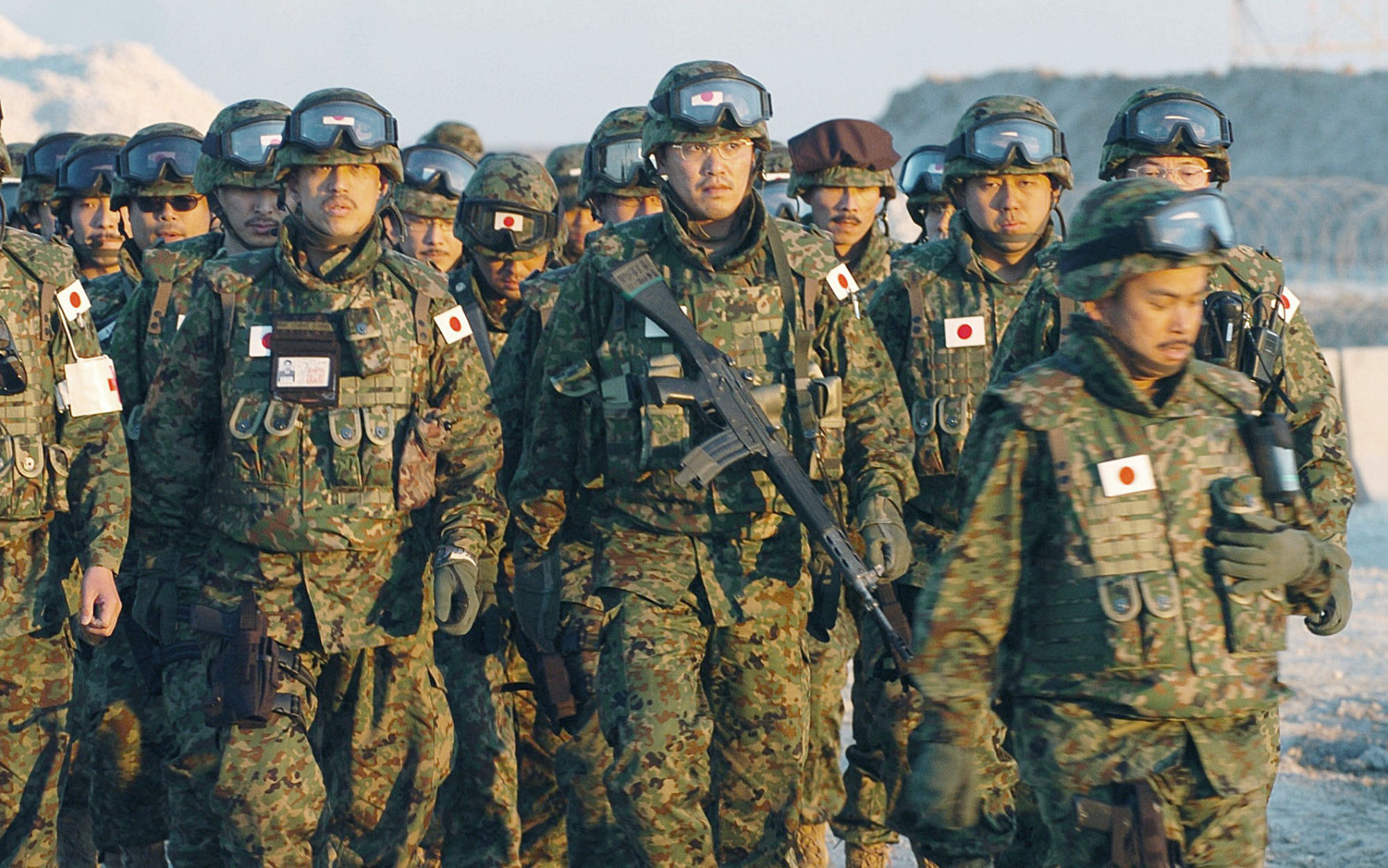As discussed in Media Mix last week, news organizations are on the lookout for signs of whether the country’s Self-Defense Forces are becoming politically active. There have been indications the SDF wants to be the conventional military that the ruling Liberal Democratic Party has in mind, but that doesn’t mean the entire organization agrees with this direction.
After the Cabinet decided in 2015 to allow the SDF to participate in collective self-defense overseas, an active Ground SDF member brought a suit against the government demanding that it clarify if he would have to go abroad if the SDF was ordered to do so. As explained in an Asahi Shimbun editorial published in February, Japan might issue such an order if faced with sonritsu kiki jitai, meaning a “security crisis that threatens the nation’s survival” due to conflicts that affect an ally of Japan. The SDF plaintiff argues that the Constitution, which disavows armed aggression in any form, prohibits Japan from carrying out collective self-defense. The SDF member simply wanted the government to confirm that it would send him overseas if an ally requested it.
Last year, the Tokyo District Court dismissed the suit out of hand because it found “no specific possibility of such an order being issued.” In other words, the court couldn’t rule on a theoretical scenario. The SDF member filed an appeal, so while Prime Minister Shinzo Abe used the threat of North Korean missiles as a means to justify his call for greater security during last fall’s election campaign for the Lower House, government lawyers were in court claiming that a conflict with North Korea was merely an “abstract and hypothetical assumption.”



